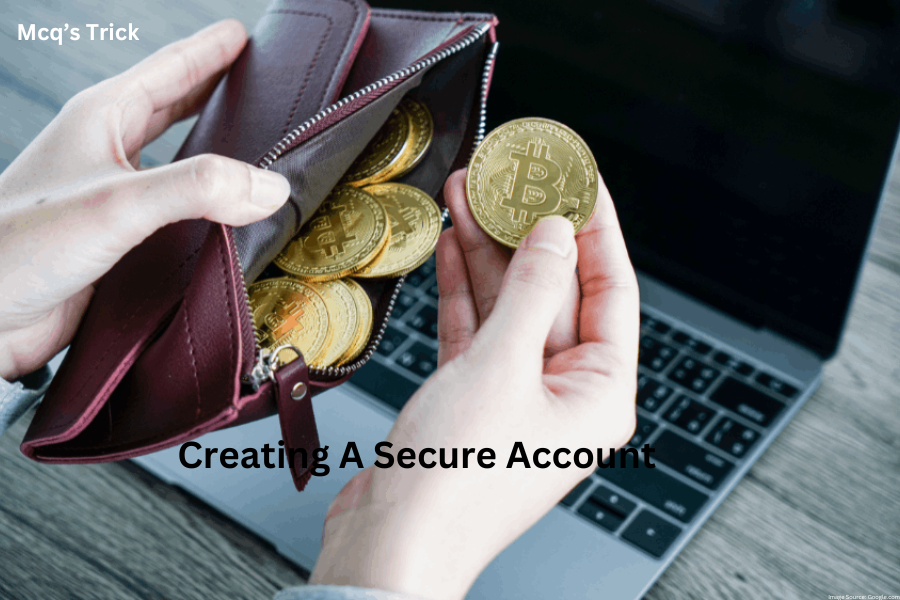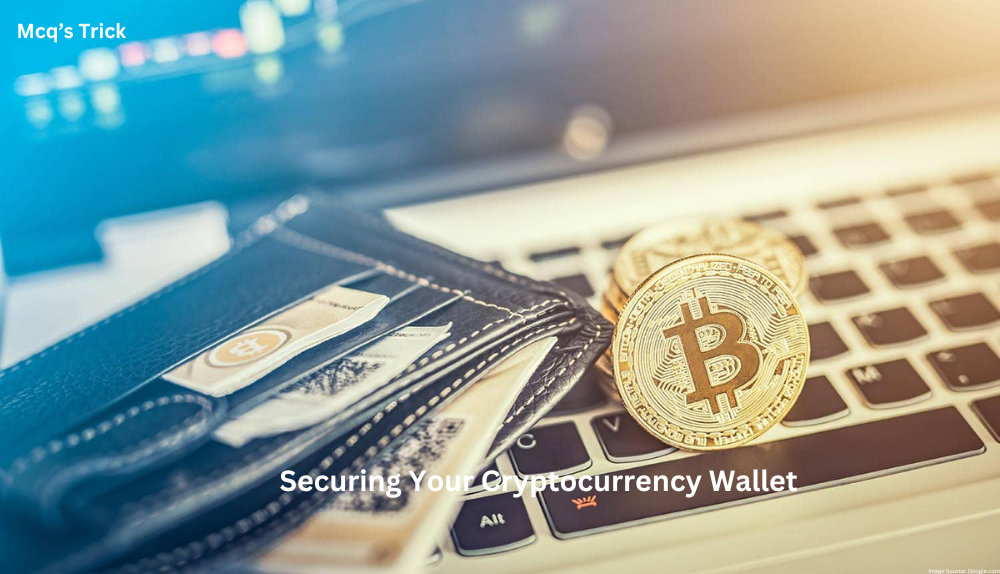The revolution in the world of finance is being provided by digital currencies, also termed as cryptocurrencies, through decentralized and secure, as well as transparent transactions. Therefore, as their popularity keeps increasing, it has now become important for new as well as experienced investors to ensure that they invest in a way that their buying and storage are safe. You must learn about the right step to purchase and safeguard if you’re planning to invest in digital currencies.
Table Of Contents
Introduction To Digital Currencies
Digital currencies are virtual assets protected through cryptography and are not linked to central banks. They include Bitcoin, Ethereum, and Litecoin. It is important to understand how they work, the risks involved, and the potential returns before investing.
- Cryptocurrencies are based on blockchain technology for security and transparency.
- They are highly volatile, and the price may fluctuate considerably.
- Research is key to identifying credible and promising currencies.
Creating A Secure Account
After selecting an exchange, the next step is to create a secure account. This is the process of setting up robust security protocols to minimize unauthorized access.

- Use a complex, unique password with letters, digits, and symbols.
- Activate 2FA for improved security.
- Never share a password or account information with other people.
Choosing A Reliable Cryptocurrency Exchange
Cryptocurrency exchanges are platforms where you can buy, sell, and trade digital currencies. Selecting a reliable exchange is crucial for secure transactions and safeguarding your funds.
- Look for exchanges with strong security measures like two-factor authentication (2FA).
- Make sure the platform has a good reputation and user reviews. Compare fees, supported currencies, and user interface before making a final decision.
Buying Of Digital Currencies
One needs to link their banks, debit cards, among other payment options to complete the process. Ensure it is done in a simple manner to avoid mistakes.
- Start with a small investment to understand the process.
- Double-check wallet addresses before confirming transactions.
- Monitor transaction fees, as they vary across exchanges and currencies.
Types Of Cryptocurrency Wallets
Cryptocurrency wallets store your digital assets securely. There are two main types: hot wallets and cold wallets. Understanding their differences helps you make an informed decision.
- Hot Wallets: These are connected to the internet, making them convenient but vulnerable to cyberattacks.
- Cold Wallets: Offline storage options, such as hardware wallets, offer better security for long-term holdings.
Securing Your Cryptocurrency Wallet
A wallet’s security is paramount to prevent theft or unauthorized access. Following best practices ensures your digital assets remain safe.

- Regularly update wallet software to the latest versions.
- Store backup keys securely, preferably in multiple locations.
- Use wallets with encryption and additional security layers.
Avoiding Common Cybersecurity Risks
Cryptocurrencies are a target for hackers due to their high value and anonymous nature. Being aware of common risks and mitigation strategies is vital.
- Be cautious of phishing attempts and fake websites.
- Avoid sharing private keys or seed phrases with anyone.
- Always verify the legitimacy of apps or software used for transactions.
Diversifying Your Investments
Putting all your funds into one cryptocurrency can be risky due to market volatility. Diversifying your investments reduces risk and increases potential returns.
- Invest in a mix of stablecoins and high-growth cryptocurrencies.
- Avoid chasing trends without proper research.
- Rebalance your portfolio periodically based on market conditions.
Keeping Up With Industry Trends
The cryptocurrency market evolves rapidly, with new projects and regulations introduced regularly. Staying informed helps you make smarter investment decisions.
- Follow reputable cryptocurrency news sources.
- Join online forums and communities to learn from other investors.
- Keep track of changes in tax laws and compliance requirements.
Planning For Long-Term Security
Long-term planning is essential to maximize returns and minimize risks. Develop a strategy for storage, trading, and periodic monitoring of your digital assets.
- Use cold wallets for long-term storage and hot wallets for daily transactions. .
- Review security measures periodically and update them as necessary. .
- Have an exit strategy to sell or transfer assets in emergencies.
Conclusion
Buying and storing digital currencies securely is one of the most important skills that anyone needs to learn in the modern digital age. With this knowledge of how to choose secure platforms, how to create secure wallets, and cybersecurity best practices, you can guard your investment against potential risks. Remember, the world of cryptocurrency is constantly in flux, so staying aware and flexible will help you navigate this dynamic environment with ease. With the proper approach, you can participate safely in the exciting world of digital currencies.
FAQ’s
Do you need a wallet to store cryptocurrency?
Yes, a wallet is essential to store cryptocurrency securely. It provides a safe place to hold private keys, enabling access and protection of your digital assets.
Which storage method is best for storing digital currency?
Cold wallets, such as hardware wallets, are best for secure, long-term storage as they remain offline, protecting your assets from cyberattacks and hacking attempts.